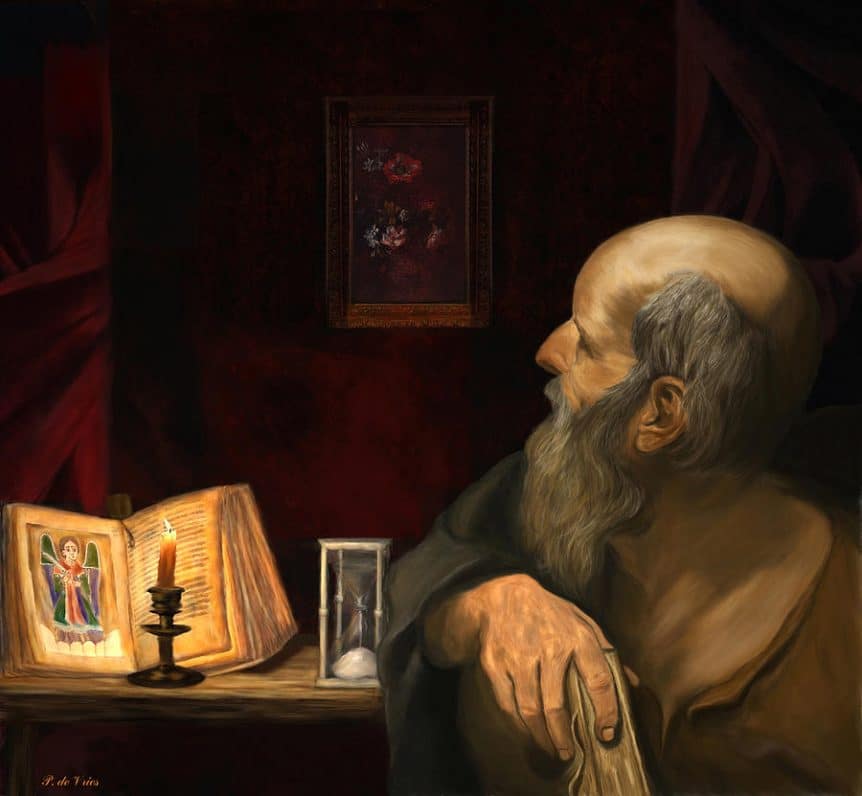How To Enrich And Deepen Your Prayer Life With One Powerhouse Instrument

Most evangelicals approach the reading of scripture with an intellectual mindset. They believe the scriptures have been given for the purpose of instruction and perhaps application. While there is certainly a need to comprehend aspects of scripture for our inner transformation, the scriptures have also been given to us as a means for prayer. Instead of trying to figure out what a passage means, figure out how to commune with God with the passage.
[featured-image single_newwindow=”false”]Take Psalm 62 for example. Instead of analyzing Psalm 62, you can pray the words from your heart as if you had written them.
“Shall not my soul be subjected to God? For from Him comes my salvation. He only is my God and my Savior, my helper; I shall not be greatly moved…Once God has spoken; twice have I heard this: that power belongs to God, and that to you, O Lord, belongs mercy. For you requite everyone according to his works.”
However, not all Psalms lend themselves so easily to this kind of praying.
Lately, I’ve been finding great spiritual benefit (so it seems) from reading the Psalms as part of my prayer ritual. Maybe you’ll find the same spiritual benefit. Here’s what I do:
I begin by praying the Trisagion prayers warming my heart to the presence of the Holy Trinity. In this environment of communion with God, I read a few Psalms. Using “The Ancient Faith Psalter,” which divides the Psalms into portions suitable for this kind of setting. I sit or stand before my icons and read/pray the psalms designated for that day.
The practice is simply to read each psalm with an attentive and prayerful heart. Put down the pen and close the journal. Try not to analyze or even meditate on what’s being read. This is a time for prayer from the heart allowing the words of the psalm to focus your heart on God. The point is communion not comprehension, transformation not information, oneness not analysis.
Then, I continue in my prayers. In this way, the Psalms provide an ancient residence of communion with God. They become part and parcel of prayer rather than an appendix.
I also try not to analyze how this practice is affecting me spiritually. It’s in the doing that something happens. It doesn’t even matter what I think about what I’m doing. Being with God in this way is its own reward.
Over the next few posts, I want to share from the Introduction to The Ancient Faith Psalter. It communicates well the place of the Psalms in our prayer life.
It begins with this sentence: “The Psalter is the prayer book of the Church.” (p. 5)
I want to explore this reality in the posts that follow.
Currently, what is the role of the Psalms in your prayer life?
Dr. K
